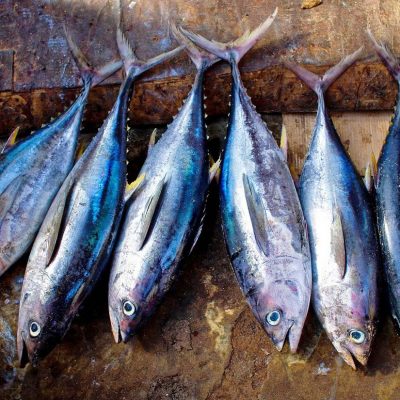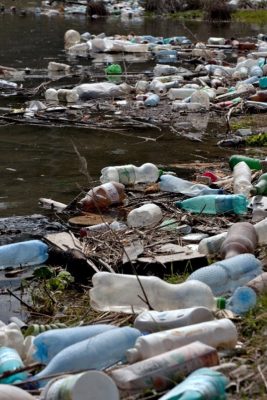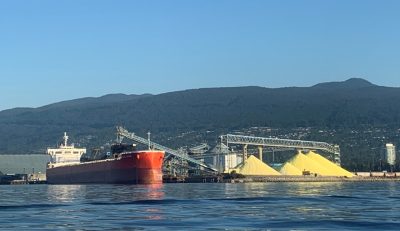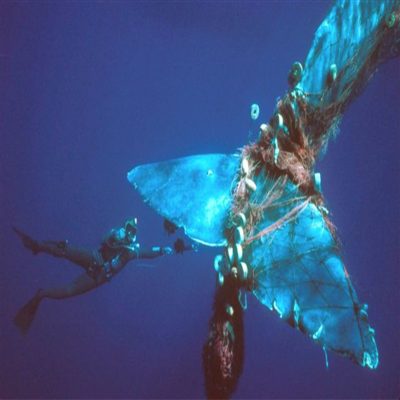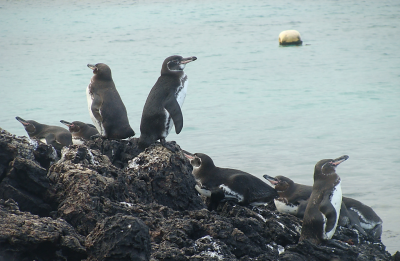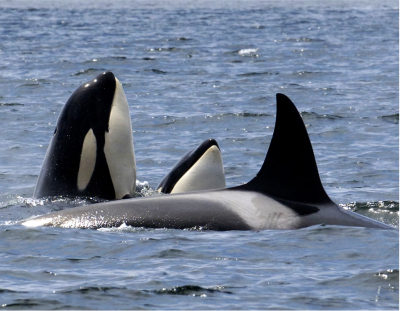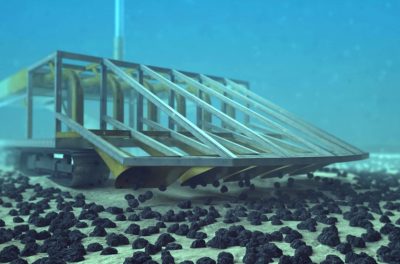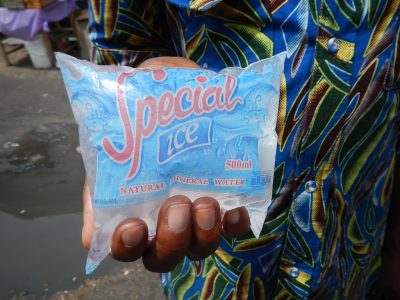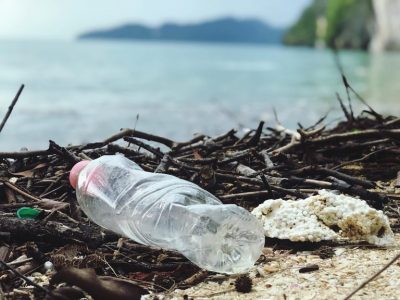Cooperating to tackle plastic pollution
Shifting the focus of intervention to the supply-side, by evaluating the potential environmental and economic outcomes of a voluntary levy on the top 100 plastic producers.
Why what happens on the land is critical to the health of our oceans
What is the significance of these myriad small streams to the surrounding ocean, so important to people’s livelihoods, culture, and well-being in British Columbia?
Haunting the seas: the legacy of ghost gear pollution in marine environments
“Ghost gear” is a specific category of anthropogenic marine debris that contributes to the global marine plastics problem. After it becomes disconnected from its intended use, ghost gear can catch non-targeted species – such as fish, whales or other marine mammals – through by-catch or entanglement
Microplastics may be accumulating at a high rate in endangered Galápagos penguins’ food web
The model predictions showed a rapid increase in microplastic accumulation and contamination across the penguins’ prey organisms resulting in Galápagos penguin displaying the highest level of microplastics per biomass, followed by barracuda, anchovy, sardine, herring, and salema and predatory zooplankton.
Toxic chemicals found in oil spills and wildfire smoke detected in killer whales
Toxic chemicals produced from oil emissions and wildfire smoke have been found in muscle and liver samples from Southern Resident killer whales and Bigg’s killer whales.
“Who stands to benefit?” To engage in deep-sea mining or not. Not, say international scientists
While advocates of deep-sea mining say that the investment is needed to provide the metals needed for a carbon neutral economy, opponents point to the irreparable damage that it would have on the environment.
Dr. Brian Hunt receives NSERC Discovery Grant to research the impacts of urbanization on the coastal ocean
Dr. Brian Hunt will receive an NSERC Discovery Grant for work on the impacts of urbanization on coastal oceans, specifically regarding ocean cities.
From convenience to crisis: The single-use water sachet dilemma in Africa
In some African countries, the rate of single-use plastic waste is increasing. Article from the Solving FCB unit.
It’s time to classify plastics as persistent, bioaccumulative and toxic pollutants
Researchers from around the world are urging the international community to recognize the full environmental and health threat of plastics and categorize them as persistent, bio-accumulative and toxic (PBT) pollutants.
